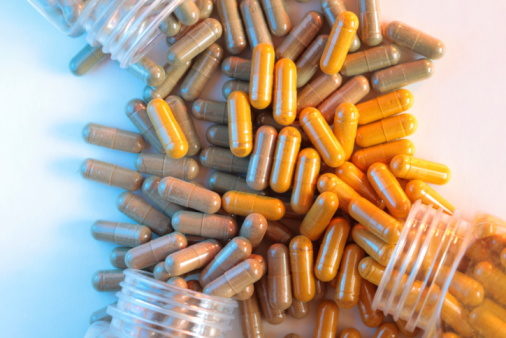In its September issue, Consumer Reports included a report claiming that dietary supplements are dangerous to people’s health and posted a list of “12 supplements you should avoid.”
Washington, D.C.—In its September issue, Consumer Reports included a report claiming that dietary supplements are dangerous to people’s health and posted a list of “12 supplements you should avoid.” They assert that manufacturers of these supplements have a lack of quality control and inspection, and that the U.S. Food and Drug Administration has inadequate authority in this area.
The Natural Products Association (NPA) issued a statement in response to the report’s “attack on dietary supplements” defending their safety. The NPA states that many of the supplements on the list are actually illegal drugs, not supplements. The FDA has issued an alert about these that the NPA includes.
The association also doesn’t agree with the statement that the “dietary supplement industry suffers from inadequate quality controls.” This year, the U.S. Government Accountability Office tested many products and found only small amounts of contaminants in them. The FDA then testified before Congress, saying that those levels do not present a health risk.
The NPA believes the U.S. supplement industry has “an enviable safety record,” compared with other sectors that are regulated by the FDA. Some safety measures that the NPA supports are the enactment of the Dietary Supplement Health and Education Act (DSHEA), the enactment of the Adverse Event Reporting system and the implementation of Good Manufacturing Practices.
Presently, the NPA supports the full implementation of DSHEA and endorses the Dietary Supplement Full Implementation and Enforcement Act of 2010.
Furthermore, the American Herbal Products Association (AHPA) believes the article “strays into sensationalism” and has issued a press release explaining the use of the remaining “dirty dozen” supplements. Many include ingredients that the FDA has deemed illegal in dietary supplements, like ephedrine and toxic pyrrylizidine alkaloids and AHPA has identified specific cautions for chaparral, lobelia and yohimbe in their safety handbook.
The AHPA press release also contains the statistic that cumulative sales of these 12 supplements amount to only about 0.2 % of the annual supplement market.
Michael McGuffin, AHPA president, stated that “Consumer Reports is attempting to draw broad conclusions about the regulation of dietary supplements based on anecdotes related to products that do not represent the mainstream.”
Published in WholeFoods Magazine Online (August 9, 2010)










